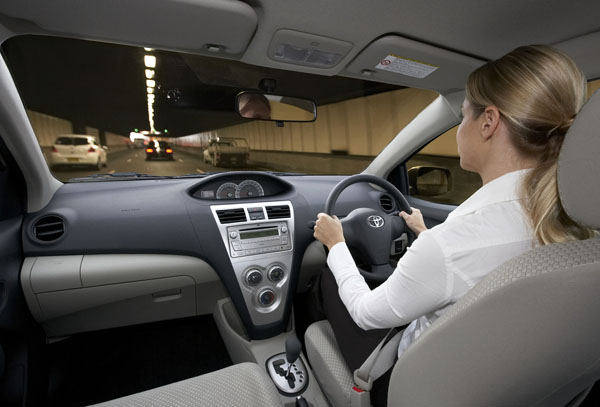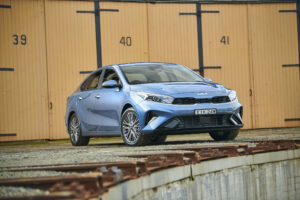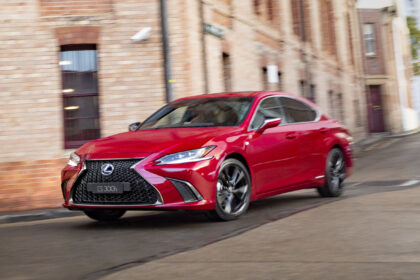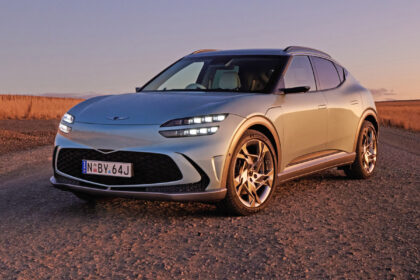This is the full press release just published by the National Motorists Association of Australia (NMAA). I feel it backs up the Opinion piece I wrote last week:
The recent study from the University of Western Australia has highlighted the danger of excessive speed enforcement by showing that drivers are less likely to identify hazards if they are complying too closely with the speed limits, and demonstrated the contradiction between official road safety campaigns and real life.
The study used a driving simulator to test the effects on concentration and fatigue on drivers who were told they would be fined for going just 1 km/h over a 50 km/h limit and, unsurprisingly, the test subjects were less aware of the peripheral events that were happening in front of them while they concentrated on monitoring their speed.
“This study calls into question the entire rationale for ever tighter speed enforcement in this country, and gives weight to our argument that the over-emphasis on speed enforcement is actually making the roads MORE dangerous” said Michael Lane of The National Motorists Association of Australia (NMAA).
State Governments in Australia have wasted millions of dollars on advertising using a study that a leading expert considers to be incorrect. The NMAA claims that the State Government’s road safety strategy is based on a false premise and therefore does not promote safety. NMAA national spokesperson Michael Lane has revealed how this invalid policy was developed.
Mr Lane explained that “In science, a theory is proposed to explain the facts, then scientific peers review it. Theories evolve as more evidence surfaces and theories that better explain the data are proposed. A paper authored by McLean-Kloeden evaluated the relationship between speed and crashes in 60 km/h zones, and stated the theory that best explained that data was that the risk of crashing doubles for every additional 5 km/h over the SPEED LIMIT. This was based on an examination of crashes in a 60 km/h zone where the average speed was only 60 km/h. This average speed is unusually low for a 60 km/h zone. The authors of the paper presented that to their peers.”
“A prominent scientific peer pointed out that crash risk doesn’t double every 5 km/h. They hold that the original researchers confused average speed with the speed limit. McLean-Kloeden calculated the relationship between crash risk and a 60 km/h average speed on roads where this average speed was unusually low for the speed limit – probably due to the dangerous conditions. They then assumed that all 60 km/h zones had the same crash risk. This exaggerated the crash risk.
John Lambert, who is the former Road Safety Research Manager at VicRoads, examined the McLean-Kloeden data and re-analysed it. Subsequently, Lambert presented a paper that said the McLean-Kloeden conclusion was not correct. He showed it is not how far over the SPEED LIMIT you are that increases your risk but rather how far over the AVERAGE SPEED of traffic on that road. He also noted a study finding an average speed of 67 km/h in 60km/h zones. Lambert showed that the data actually reaffirmed the relationship between average speed and crash risk that has been repeatedly found in other research.
“There were a number of fundamental errors in the McLean-Kloeden technique which exaggerated the risk” Mr Lane said. “They include the selection of crash types with only 15 per cent of crashes selected for the research, over three quarters of the crashes in the study were caused by the other road user and not by the speeding driver.”
“Anyone in authority who continues to quote the McLean-Kloeden original theory and claims it is scientific fact is being either ignorant or dishonest”, Mr Lane stated emphatically.
“These unsound theories have only ever been proposed in Government funded and sponsored research studies. The same Governments profit from perpetuating the speed myths and heavily fining people who are actually driving safely. This has caused revenue from speeding fines to be at a record high level in spite of national road deaths climbing”, Mr Lane added.
“Further, the theory does not stand up to real world scrutiny”, Mr Lane said. “The proof is available to any person who has had the experience of driving on the German autobahns or the Italian autostradas. Crash rates on autobahns are far lower than roads in every state of Australia in spite of the high speeds used by drivers. So the theory that a driver exceeding the 60 km/h or 100 km/h speed limit by 5 km/h doubles the risk of crashing is preposterous.”
Mr Lane said “Driver testing in Europe is rigorous. The standard of driver training and testing in Australia is grossly inadequate. New drivers are often the victims of the Government’s minimalist training approach, and anyone who becomes a good driver has done so in spite of the system, not because of it. Our driver training system has to be improved and government authorities need to drop ineffectual strategies to make room for better driver training. The government strives to reduce the damage that inadequately trained drivers cause by minimising the speed of their crashes. This has been shown to be counterproductive.”
“The claim that a 5 km/h increase in vehicle speed doubles the risk of crashing has been shown to be falsely based. The State Governments in Australia are perpetuating the myth that if you drive slowly you’ll be all right, instead of introducing better licensing and driver education standards”, Mr Lane stated.









